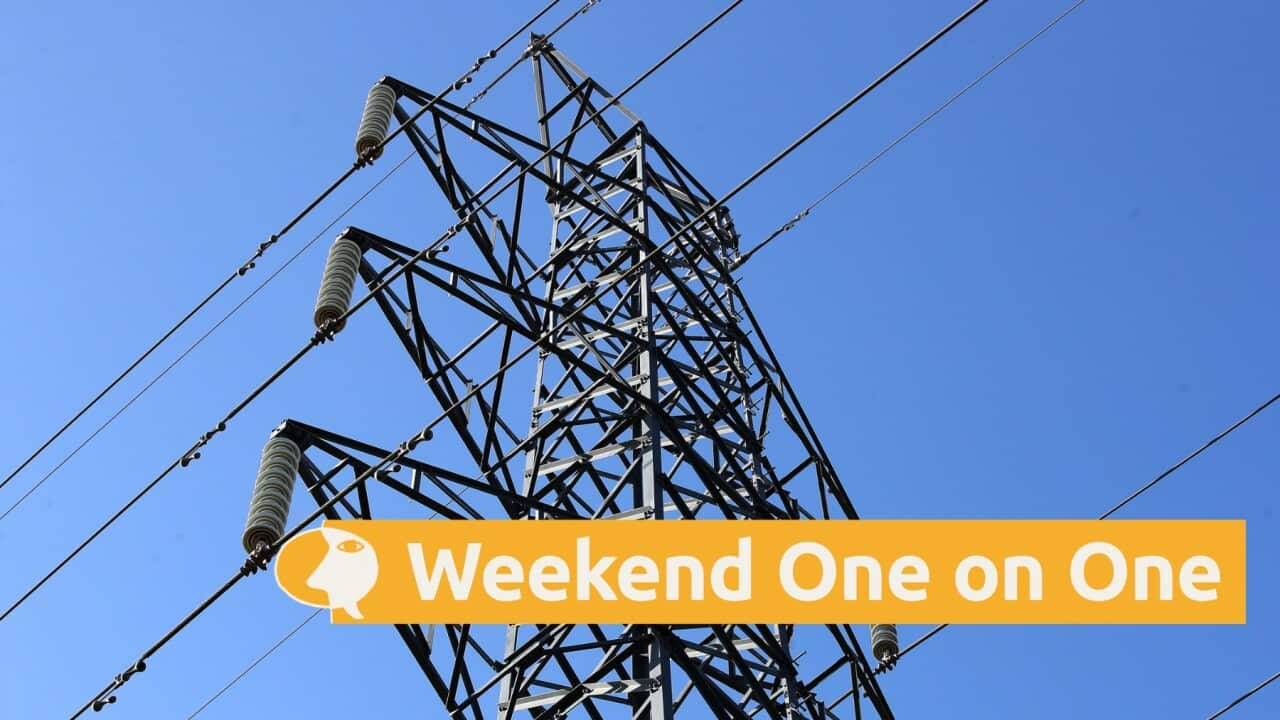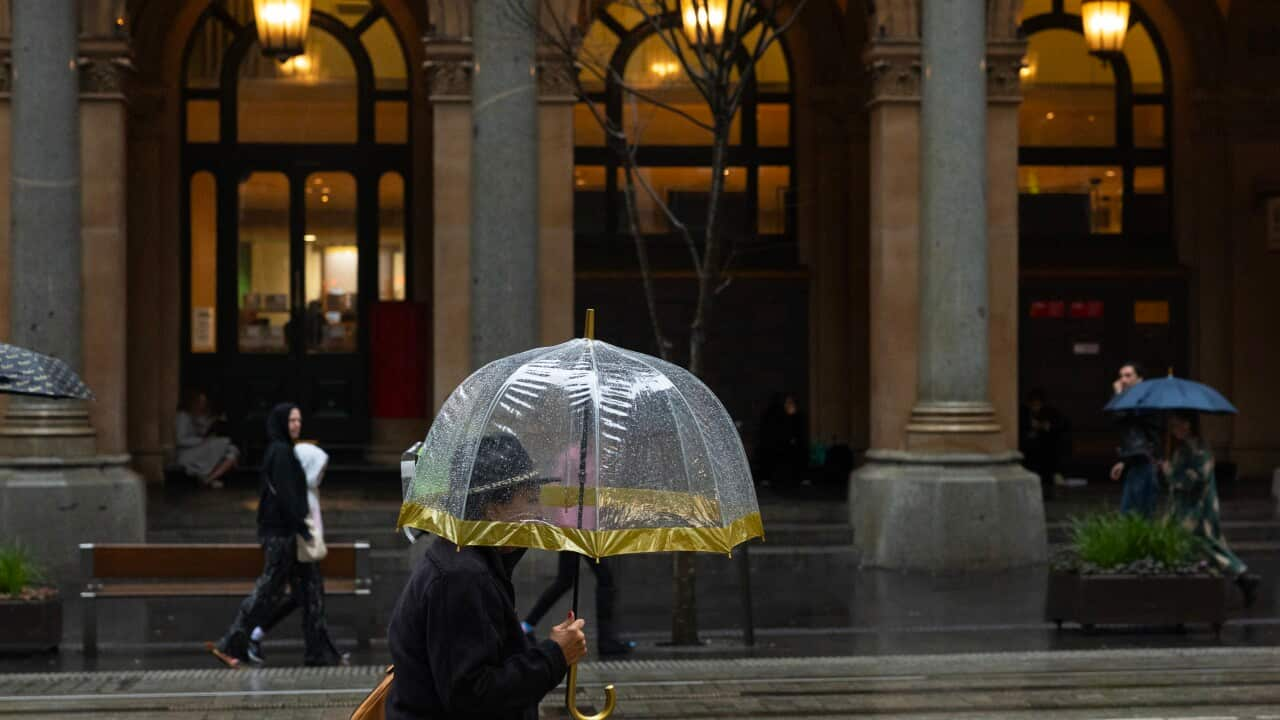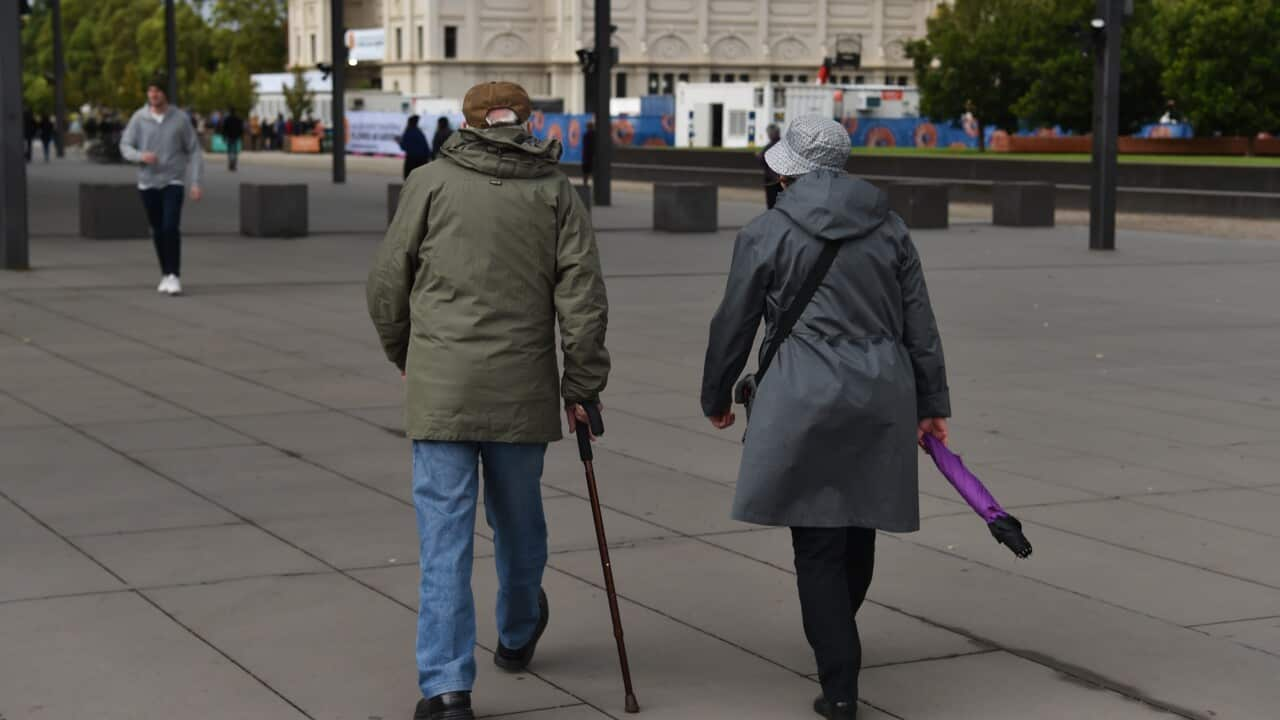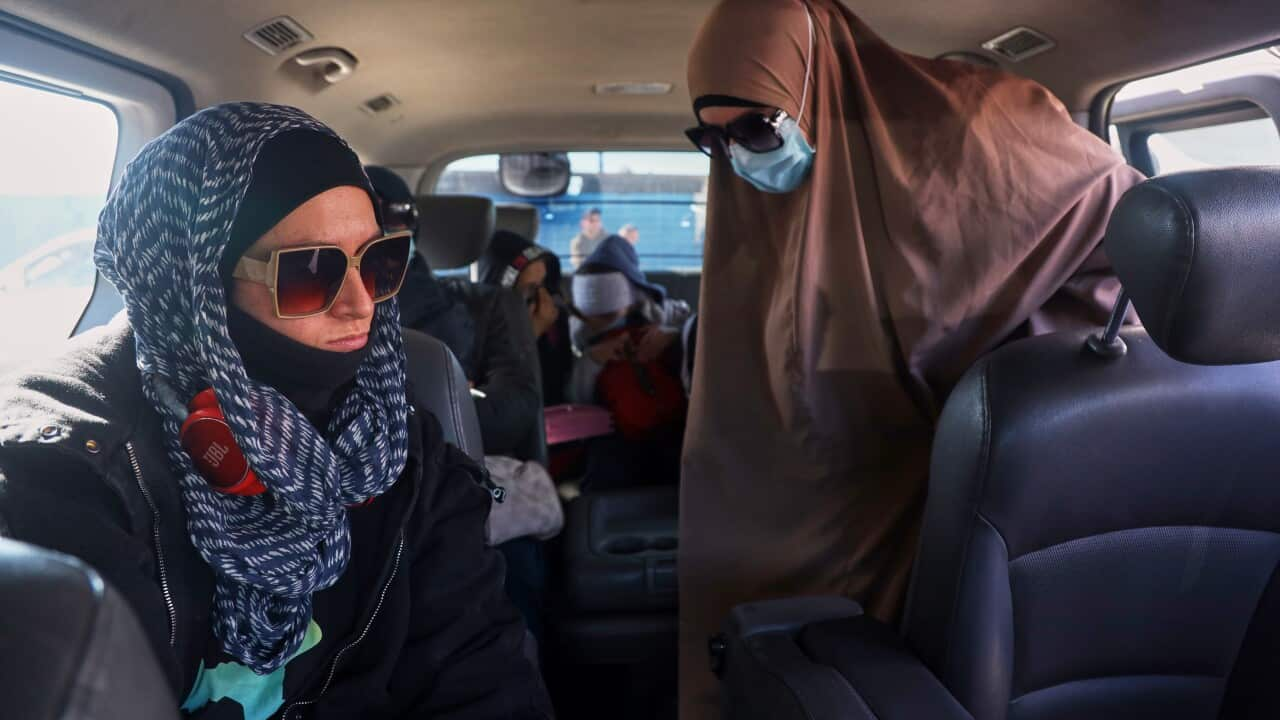Listen to Australian and world news, and follow trending topics with SBS News Podcasts.
TRANSCRIPT
Younger generations are often considered the most socially connected - especially when it comes to digital communication.
But a new report reveals more and more young Australians are feeling lonely often and persistently.
Associate Professor Michelle Lim is the Chief Executive and Scientific Chair of Ending Loneliness Together, the organisation behind the report.
She says the research uncovers a youth loneliness crisis, with on in seven young people in Australia now experiencing persistent loneliness.
Futhermore, overall, 43 percent of people aged 15 to 25 are experiencing loneliness.
She's told SBS Kurdish while feeling lonely is a natural part of our innate human drive to connect with others, it's the high levels of persistent loneliness that are particularly troubling.
"What worries me, though, is the one in seven who experienced more persistent loneliness and when I say persistent, I mean we asked them about levels of loneliness in one year and then came back to them the next year, yes, we're reporting loneliness, which actually says to me that once they become lonely they stay lonely."
The release of the report, titled 'A Call for Connection,' coincides with Loneliness Awareness Week- which runs from the 4th to the 10th of August.
The research, which draws on data from recent surveys of Household Income and Labor Dynamics in Australia (HILDA) and interviews with young people, shows young people who report persistent loneliness are more than seven times more likely to experience high or very high psychological distress, compared to those who aren’t lonely.
Ms Lim says the study finds certain environmental and social factors exacerbate a persons experience of loneliness.
"We looked at who was experiencing and staying lonely, we found that certain things made things worse. Like if you had a poor physical health status, a poor mental health status, if you're unemployed, if you have financial strain, all those things are making people not just lonely, but staying lonely."
Cathy Kezelman is President of the Blue Knot Foundation.
It's an organisation that helps adult survivors of childhood trauma.
She says it's important to recognise that some groups are especially vulnerable to persistent loneliness- including those who have experienced complex trauma, which can be connected to the experience of violence, abuse, neglect or exploitation.
She says these experiences can intensify a person's withdrawal and isolation from community.
"I think what happens when loneliness is profound is that it can obviously really impact our mental health. Obviously we can go into a spiral just with our own thoughts and ruminate and that can be very, very unhealthy. And obviously the more you withdraw, the less other input you're getting. And of course, mental health can impact physical health."
The theme of this year's Loneliness Awareness Week is 'Moments Matter', highlighting the importance of building connections at home, work, school, online and in the community.
Ms Lim says this theme underscores Ending Loneliness Together's calls for more accessible inclusive community spaces, and free or low-cost opportunities to help young people nurture relationships.
"We're living in an environment that's actually keeping us lonely. So what we really need to do is not just always put the onus on the individual themselves, but really those broader community, economic, and social forces that are really at play. What we're doing is advocating for systemic change. So that we are living in an environment where it helps us develop healthy social relationships easily, and maintaining those relationships."
The call for more investment in spaces that foster connection and belonging is one echoed in a Loneliness Inquiry report tabled in the New South Wales parliament earlier this week.
After a year-long investigation into the prevalence, causes and impacts of loneliness in New South Wales, the Standing Committee on Social Issues has made 20 recommendations to tackle the growing loneliness epidemic.
Lauren Stracey, Chief Executive of Youth Action New South Wales, says the report's recommendation for more dedicated youth hubs stands out as critical.
"What we're hearing from young people is that they actually need to have their own safe spaces to be able to feel like they're connected and belonging in our community more broadly. And one of the recommendations was to invest in youth hubs. It can be your traditional sort of space, but it can also be made up from spaces that are just in your local environment. So it could be an unused community centre, a room somewhere. But the key thing is that it's about creating places for young people where they can spend time with their peers."
She says investing in safe and inclusive youth spaces, designed with the input and guidance of young people, is especially important given the national ban on social media for users under the age of 16 set to come into effect in December.
"The idea of having youth hubs and new spaces, it's really about making sure that if we're taking away one way of being connected, that we are replacing it with an alternative. We can't just take away and remove the digital spaces without building real world ones. And so I think that one of the things that we are seeing is that youth hubs are really an antidote to this and that they can be the bridge from loneliness to belonging for our young people."
She says tackling the youth loneliness crisis needs to start with building opportunities for young people to find belonging.
"The thing with belonging is this is such a fundamental human need and young people need that just as much as anyone else. And so having a place where young people are able to go and be with their peers and also have role models around them, youth workers are incredible role models. Those are the kinds of things that really kind of ground us and help us develop into thriving adults."
And loneliness isn't just an issue limited to Australia.
Both Britain and Japan have, in recent years, even dedicated a federal ministry to dealing with the problem.
If you or someone you know needs support, call Beyond Blue on 1300 224 636 or call Lifeline on 13 11 14.
Embrace Multicultural Mental Health supports people from culturally and linguistically diverse backgrounds.













